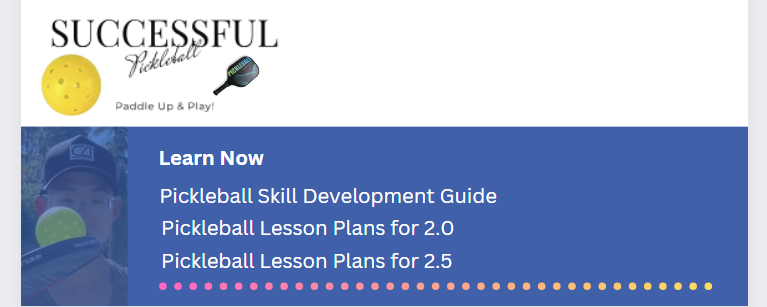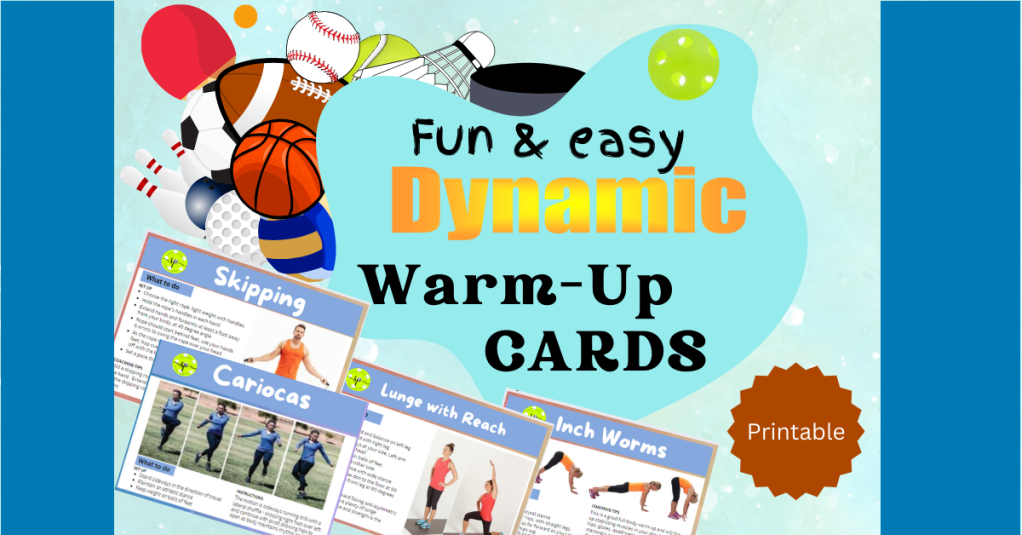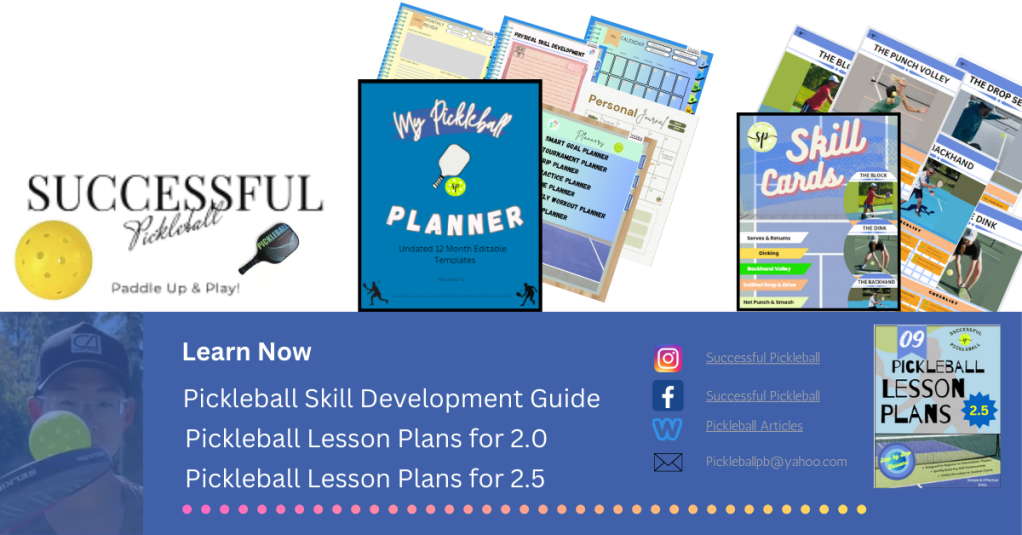What is a goal? A goal is the object or aim of an action. Goals require specificity, challenge, feedback, and commitment. Motivation is the degree of persistent effort that one directs toward a goal has to do with effort, or how hard one works; persistence, or the extent to which one keeps at at task; and direction or the extent to which one applies effort and persistence toward a meaningful goal.
A distal goal is a long-term or end goal, such as achieving a certain level of performance. A proximal goal is a short-term goal or sub-goal that is instrumental for achieving a distal goal and proximal goals are especially important for complex tasks. The concept of goal orientation refers to a dispositional or situational goal preference in achievement situations like winning a championship. Key concepts related to goal orientation include a learning goal orientation, a performance goal orientation, a learning goal, and a performance goal. Prior to training, athletes should have a specific and challenging goal. Special atte4ntion needs to be given to when goals are set and the learning goals that focus on skill development. Goal setting should improve motivation to learn and attain the skill desired along with the performance of the skill. Feedback needs to be given so the athlete knows whether they have achieved their desired goals. Studies conducted by sport academics pinpoint how personality and individual variables will predict training motivation. Variables include locus of control, achievement, anxiety, conscientiousness, and self-efficacy.
Synonyms to the one word that will define direction include goal, aim, end-result, objective, target, purpose. Often over-used but definitely under-utilized is the concept of goal-setting. The zeal to achieve is what fuels us and gives meaning to the things we do. You might not know this but goal setting is the foundational aspect of coaching. One of the first questions asked when speaking with a coach is, “What is your goal?”
What is a goal setting from the coaching perspective?
Defining a goal is envisioning an outcome set by an individual or group of individuals to achieve a desired outcome. A coach is someone who is a partner to an individual or group with a direct line in developing supportive focus that enables skill through learning.
Goal setting in coaching is all about reflection, self-realization, direction, and targeting objectives to accomplish a desired outcome in tactical knowledge, technical skill development, physical improvements, as well as developing mental focus.
Why is goal setting important? It’s because goals or objectives motivate, encourage, challenge, and inspire individuals and teams to push beyond potential, break mental barriers, and make envisioned outcomes a reality.

Tactical Knowledge
Tactical knowledge or strategic mental abilities are the ability to make decisions within the sport you play. These include things like reading the play, or applying technical skills learned to solve problems at the correct time. Successful athletes use tactical skills to win games and competitions. Mastering these skills can help an athlete or team use their techniques effectively, especially in times of stress. They might involve problem-solving skills and often rely on the athlete’s knowledge of their goals. Tactical knowledge or winning strategies in pickleball may include shorter strokes, patience at the net, shoulder high – let it fly rule, grip intensity with shot selection, communication, or exploiting weaknesses in your opponents.

Technical Knowledge
Technical knowledge are the fundamental or most important skills to play a game. Technical skills are how athletes move their bodies to achieve certain targets. Successful athletes master a wide range of technical skills that allow them to be successful in their chosen sport. Coaches use teaching strategies and their experience with a certain sports to help athletes improve their performance in games, championships and competitions. Every sport has its own set of technical skills. In pickleball, technical knowledge will include skills like dinking, volleys, lobs, or 3rd shot drops.

Physical Knowledge
When athletes improve health, reduce injury risk, and enhance overall athletic performance, including, aerobic fitness, muscle strength, endurance, agility, balance, and flexibility, they can master their physical knowledge.
The average body uses a wide range of motions when playing sports. It is advisable to get medical clearance before engaging in high intensity sports and warm-up dynamically before any activity. In pickleball, warming up the lower body, core and upper body muscles for approximately 10 minutes should be enough to raise muscle temperature and get the body ready for play. Using a tip from the 6 Week Training Guide: Before beginning your strength exercises, use a one-repetition-maximum (1RM) to gauge your level of strength. It’s easy – to establish your load setting – pick a dumbbell that will give you a precise indication of how much weight you are capable of lifting across a full range of motion during a bicep curl. Warm-up adequately before lifting the heaviest weight then scale back 20% of that maximum weight to determine your training weight.

Mental Strength Skills
Mental strength refers to learned and inherited values, attitudes, emotions, cognitions and behaviours attributed to resiliency attributes which highlights a way of being based on commitment, control, and persistence. These attributes impact the way an individual copes with pressures, stressors, challenges and adversities.
Mental health strengthening skills improves confidence and focus based on success with mind strength strategies like, visualization, mantra development, concentration, and in-the-moment techniques. Psychological skills are about being able to control negative emotions, make decisions under pressure, or focus your attention on the most relevant details in the moment.

Featured Program
The Goal Setting and Achievement Playbook is a workbook that helps you overcome distractions and sharpen concentration during competition. You will learn how to set goals using an 5-step process.
Learn how to Focus deeper, and harness your power of total concentration by setting important goals for competition. Consider all the factors of training and goal setting effectiveness:
- Attitude
- cognitive ability
- self-efficacy
- learning & retention
- Individual behaviour and performance
- training effectiveness
- training motivation
- personality characteristics
- goal orientation
Buy Now: Digital Download
Another Great Resource:

Learn, Play, Grow with the Beginner Bundle













































One response to “How Goal Setting will CHANGE your game”
[…] program and is crucial for self development. It will include learning strategies, training goals, and training methods. Your training plan will consider current skills and short as well as long […]
LikeLike